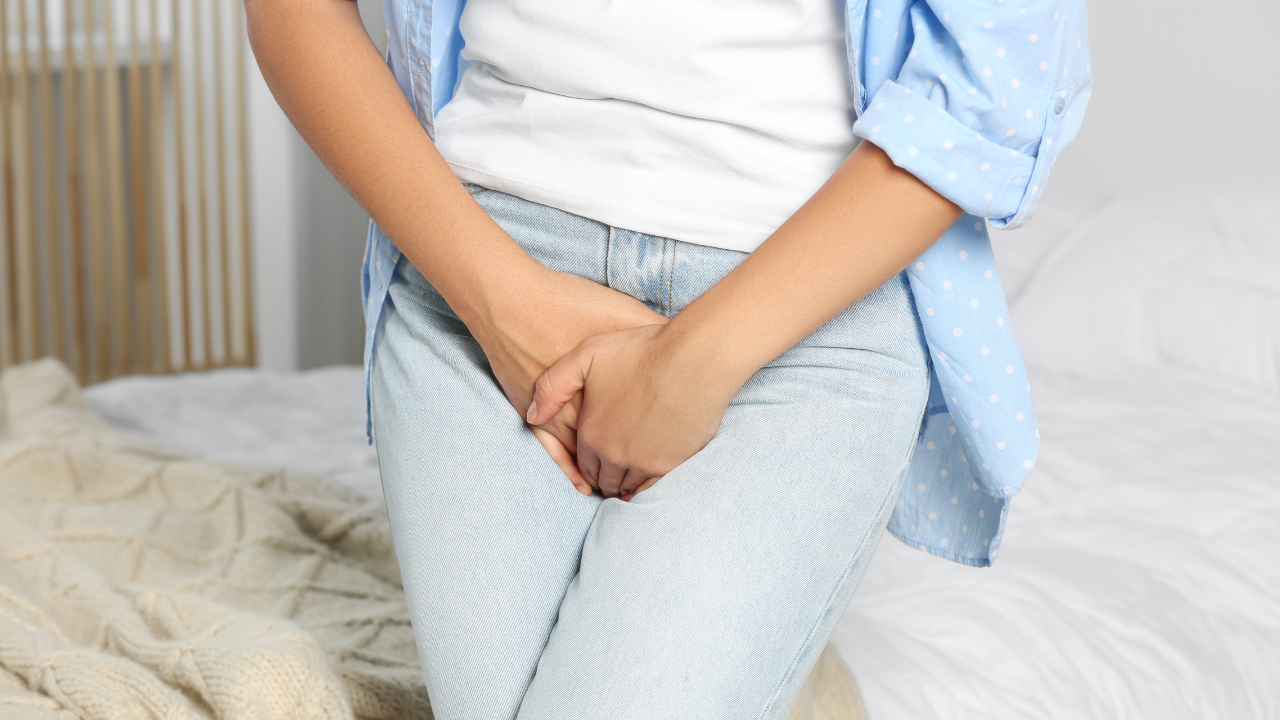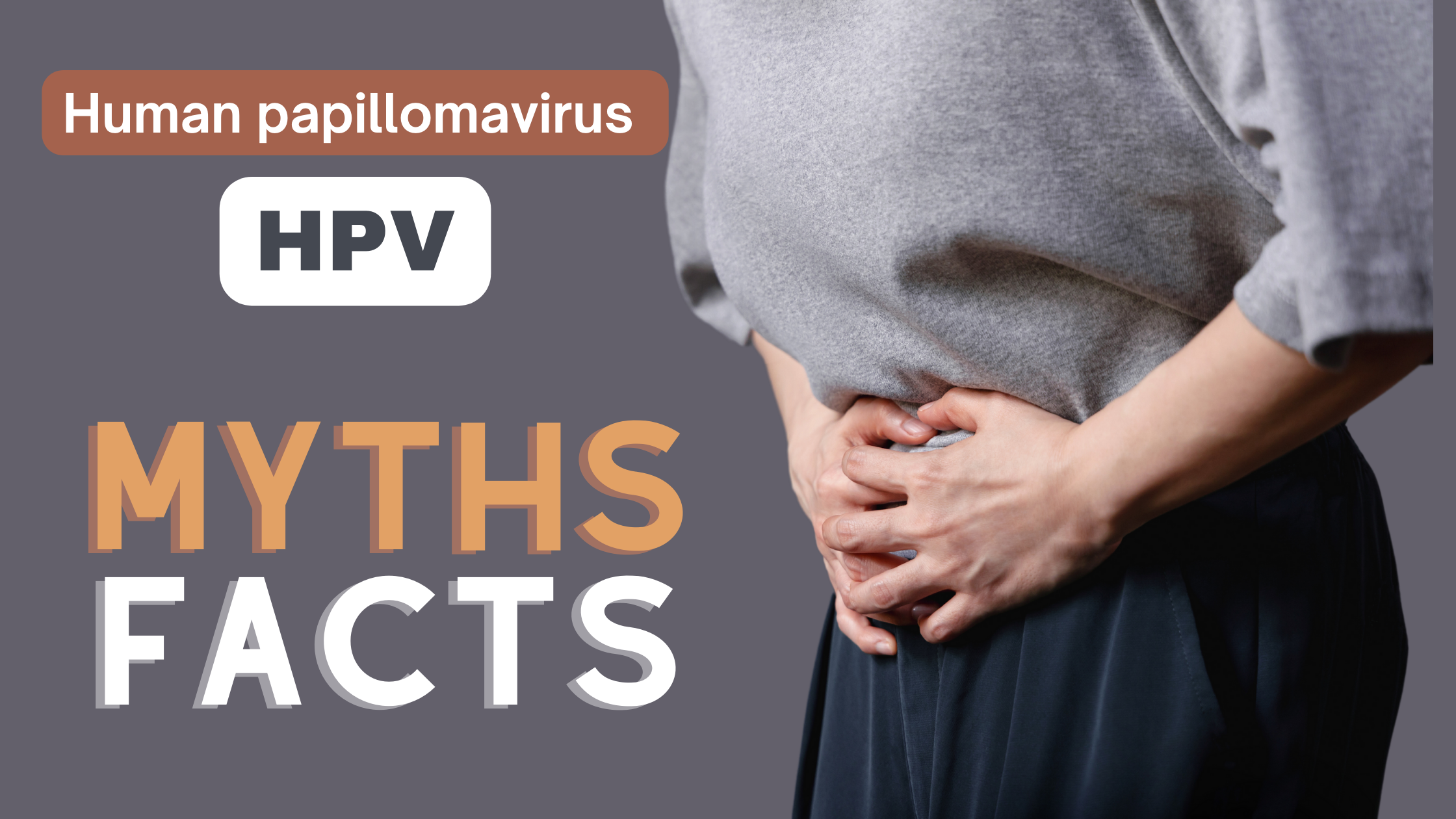What is masturbation?
Masturbation is a natural and common sexual activity that is often associated with pleasure and self-discovery. While the topic is sometimes surrounded by misinformation and stigma, it's important to approach it with an open and informed mindset. This article aims to provide a comprehensive overview of the health benefits, side effects, dispelling myths, and answering frequently asked questions about masturbation. Read on to gain a better understanding of this natural human behavior.
Causes of Masturbation Addiction in Males?
1. Emotional factors: Emotional factors play a significant role in the development of masturbation addiction among males. Stress, for instance, can drive individuals to seek comfort and relief through masturbation. It becomes a coping mechanism to alleviate anxiety, depression, and other emotional struggles. In some cases, men may also turn to excessive masturbation as a means of self-soothing or dealing with low self-esteem or feelings of loneliness.
2. Physiological factors: Various physiological factors can contribute to the onset of masturbation addiction in males. Hormonal imbalances, such as an overproduction of testosterone, can trigger intense sexual urges that lead to excessive masturbation. Additionally, certain medications or health conditions that affect libido, such as hypersexuality or sexual dysfunction, may also drive male individuals towards excessive self-pleasure.
3. Social and environmental factors:The social and environmental context in which males grow up can significantly impact the likelihood of developing a masturbation addiction. Negative sexual experiences, such as childhood trauma or sexual abuse, can create a skewed perception of healthy sexual behaviors, resulting in excessive masturbation as a coping mechanism or alternative outlet. Furthermore, exposure to pornography or hypersexualized media can reinforce unrealistic expectations and constant sexual stimulation, potentially leading to obsession with masturbation.
4. Psychological factors: Men with certain psychological conditions may be more prone to developing a masturbation addiction. Conditions such as obsessive-compulsive disorder (OCD) or hypersexuality disorders, also known as sexual addiction, can cause individuals to become fixated on masturbation. These conditions often make it difficult for individuals to control their thoughts and impulses, thereby perpetuating the cycle of excessive self-pleasure.
5. Internet and Pornography: The widespread availability of internet pornography has significantly contributed to the rise of masturbation addiction among males. Easy access to explicit material often leads to compulsive viewing, creating unrealistic expectations and perceptions of sexual experiences. The continuous exposure to explicit content can desensitize individuals to conventional forms of intimacy, making it more challenging to derive satisfaction from real-life sexual encounters.
Remarkable Health Benefits of Masturbation
Masturbation offers several potential health benefits, both physical and mental:
1. Stress relief and relaxation:
One of the most well-known health benefits of masturbation is its ability to reduce stress levels and promote relaxation. When you engage in self-pleasure, your body releases endorphins, commonly known as "feel-good" hormones. These endorphins not only enhance your mood but also help to alleviate anxiety and stress. By indulging in regular masturbation, you can experience a significant reduction in your overall stress levels, leading to better mental well-being.
2. Improved sleep quality
A good night's sleep is vital for maintaining optimal physical and mental health. Masturbation has been found to aid in the relaxation of both body and mind, making it an effective natural sleep aid. As you pleasure yourself, your body releases prolactin, a hormone associated with feelings of relaxation and fatigue. This increase in prolactin promotes drowsiness and can help you fall asleep faster and experience deeper, more restful sleep.
3. Boosted immunity
Believe it or not, regular masturbation can actually boost your immune system. Engaging in self-pleasure increases the activity of specialized white blood cells known as leukocytes, which help your body fight off infections and diseases. Additionally, orgasm facilitates the release of cortisol, a hormone that can enhance the immune response. By incorporating masturbation into your self-care routine, you can strengthen your immune system and ward off potential illnesses.
4. Improved sexual function and well-being
Exploring your own body through masturbation can enhance your sexual knowledge and boost your overall sexual well-being. By becoming more aware of your own desires and preferences, you can effectively communicate your needs to your partner, leading to improved sexual intimacy and satisfaction. Additionally, for those struggling with sexual dysfunction, masturbation can serve as a helpful method for exploring and addressing any concerns or inhibitions.
5. Pelvic floor muscle strengthening
Masturbation can also provide significant benefits in terms of muscular health. Engaging in self-pleasure activates and strengthens the pelvic floor muscles, which play a crucial role in maintaining sexual and urinary functions. By regularly exercising these muscles, you can improve bladder control, prevent urinary incontinence, and even enhance sexual sensations. This makes masturbation an important aspect of pelvic floor health for both men and women.
6. Hormonal balance
Regular masturbation has been associated with balancing hormone levels, particularly in women. It can help regulate the menstrual cycle by stimulating uterine contractions and promoting healthy blood flow to the pelvic area. Masturbation also releases oxytocin, a hormone that promotes a sense of bonding and emotional well-being. By engaging in self-pleasure, women can experience a more balanced hormonal profile, leading to improved overall health and well-being.
Side Effects of Masturabation in Male Daily
While masturbation is generally considered a healthy and normal sexual activity, excessive or compulsive masturbation may lead to certain side effects:
1. Fatigue and Sleep Disorders: Excessive masturbation can lead to physical exhaustion and disrupt normal sleep patterns, leading to chronic fatigue and daytime sleepiness.
2. Genital Discomfort: Over Stimulating the genitals frequently can lead to soreness, genital pain, and irritation. Individuals may experience a decrease in sensitivity, which can interfere with their ability to derive pleasure from sexual activities.
3. Back Pain and Muscular Tension: The repetitive and intense movements associated with chronic masturbation can lead to back pain, muscle aches, and tension in the neck and shoulders.
4. Erectile Dysfunction: Frequent and intense masturbation can desensitize the body's sexual response system over time, leading to difficulties in achieving or maintaining an erection during sexual encounters.
5. Delayed or Premature Ejaculation: Masturbation addiction can disrupt the natural timing of sexual response and result in delayed or premature ejaculation during partnered sexual activities.
Negative Emotional and Psychological Side Effects about Masturbation:
1. Guilt and Shame: Excessive masturbation and the inability to control the behavior can lead to overwhelming feelings of guilt and shame, creating a negative cycle of self-judgment and lowered self-esteem.
2. Anxiety and Depression: Masturbation addiction has been linked to increased anxiety and symptoms of depression. The distress caused by the addictive behavior can trigger feelings of sadness, hopelessness, and emotional instability.
3. Social Isolation: Individuals with a masturbation addiction may begin to withdraw from social activities and relationships, preferring the secrecy and solitude that enables their addictive behavior. This social isolation can further exacerbate feelings of loneliness and depression.
4. Difficulty in Intimate Relationships: Masturbation addiction can interfere with the development and maintenance of healthy intimate relationships. Individuals may have difficulties connecting emotionally and physically with a partner, leading to dissatisfaction and strain in romantic relationships.
5. Decreased Productivity: Spending excessive amounts of time engaged in masturbation can result in a diminished ability to concentrate, increased procrastination, and reduced performance in academic or professional endeavors.
Techniques and Strategies to Overcome Masturbation in Men
1. Understand the triggers: Identify the factors that lead to your excessive masturbation. Stress, boredom, or certain triggers like explicit content can play a significant role. Being self-aware of these triggers will enable you to handle them more effectively.
2. Engage in physical activities and hobbies: Engaging in regular exercise or engaging in productive hobbies can divert your attention away from masturbation. Physical activities not only reduce stress but also provide a sense of achievement, leaving you with little time and inclination for self-pleasure.
3. Adopt a healthy lifestyle: Maintaining a well-balanced diet, getting enough sleep, and staying hydrated are crucial aspects of self-control. By taking care of your body, you will not only feel physically healthier, but your mental discipline will also improve, contributing to your efforts to overcome masturbation.
4. Seek support: If you find it challenging to quit masturbation alone, do not hesitate to reach out to supportive friends or join online communities where individuals with similar struggles provide encouragement and advice.
5. Practice stress management techniques: Find alternative ways to manage stress and anxiety that do not involve masturbation. Experiment with relaxation techniques such as deep breathing exercises, yoga, meditation, or mindful practices. By adopting healthier coping mechanisms, you will reduce the need for self-gratification.
6. Create a routine: Set a daily routine for yourself, keeping busy with productive tasks throughout the day. A structured schedule allows you to stay focused on achieving your goals and eliminates idle time that may lead to excessive masturbation.
Debunking Common Myths about Masturbation
Myth #1: Masturbation is only for single people
Fact: Masturbation is a normal part of sexual expression for individuals of all relationship statuses. Whether you are single, in a committed relationship, or married, self-pleasure can enhance sexual well-being and promote self-discovery. It is not limited to those without a partner, but rather a personal choice that can be enjoyed by anyone.
Myth #2: Masturbation is addictive and can lead to unhealthy behaviors
Fact: Masturbation is a natural and normal activity that does not lead to addiction. It is important to differentiate between healthy sexual behavior and compulsive sexual behavior, which is an addiction. Masturbation, when practiced in moderation, does not cause any physical or psychological harm. In fact, it can be a healthy way to release sexual tension and improve overall well-being.
Myth #3: Masturbation causes erectile dysfunction or infertility
Fact: There is no scientific evidence to support the claim that masturbation causes erectile dysfunction or infertility. In fact, masturbation can have several benefits, including improved sexual function and increased fertility. Regular ejaculation through masturbation can help maintain healthy blood flow to the genitals and improve the quality of sperm.
Myth #4: Masturbation is only for men
Fact: Masturbation is not exclusive to one gender; it is a natural form of self-exploration and self-pleasure for people of all genders. While men may be more vocal about their self-pleasure habits, women also engage in masturbation. It is a personal choice that should be embraced and discussed openly, regardless of gender.
Myth #5: Masturbation is shameful or sinful
Fact: Masturbation is a personal choice and should not be associated with shame or sin. Sexual pleasure is a natural and healthy part of human life, and masturbation is a safe way to explore and enjoy this aspect of ourselves. It is important to foster a sex-positive attitude that promotes self-acceptance and eliminates feelings of guilt or shame.
Exploring Treatments for Male Masturbation
1. Education and Awareness:
The first step in managing excessive masturbation is education and awareness. Many individuals may harbor feelings of guilt, shame, or anxiety about their masturbation habits, often due to societal or religious influences. Providing accurate information about the normalcy of masturbation, its benefits, and dispelling myths can help alleviate these negative emotions and contribute to a healthier mindset.
Educational resources such as books, articles, or online forums can serve as valuable sources of information to understand the physiological and psychological aspects of masturbation. This knowledge can empower individuals to make informed decisions and develop a healthy attitude towards their sexual activities.
2. Cognitive-Behavioral Therapy (CBT):
Cognitive-behavioral therapy is a widely recognized and effective treatment approach for various sexual disorders, including excessive masturbation. This therapy aims to identify and modify negative thought patterns and behaviors associated with masturbation.
Working with a trained therapist, individuals can explore underlying issues that contribute to the excessive behavior and develop coping strategies to manage urges. CBT may involve techniques like cognitive restructuring, behavioral experiments, and desensitization exercises to help individuals gain control over their sexual behavior.
3. Healthy Coping Mechanisms:
One of the key aspects of treatment for excessive masturbation is to identify and develop healthier coping mechanisms. Often, excessive masturbation can be a result of emotional or psychological stress, boredom, or a means of escape from real-life challenges.
Encouraging individuals to engage in activities such as exercise, hobbies, socializing, or pursuing personal goals can redirect their focus and provide healthier outlets for emotional release. Engaging in meaningful relationships and seeking emotional support from loved ones can also help diminish the need for excessive masturbation.
4. Time Management and Routine:
Establishing a structured daily routine can be helpful in managing excessive masturbation. Allocating specific times for activities like work, exercise, socializing, and relaxation can help individuals minimize idle time, which may contribute to the temptation for excessive masturbation.
Creating a balanced schedule with a variety of engaging tasks can provide a sense of purpose and fulfillment, reducing the urge to resort to excessive sexual activities. Additionally, setting realistic goals and tracking progress can further enhance motivation and self-discipline.
5. Temporarily Removing Triggers:
For some individuals, certain triggers or environmental factors can contribute to frequent masturbation. Identifying these triggers, such as access to sexually explicit content or being alone in privacy for extended periods, and temporarily removing or altering them can be a useful tactic.
Implementing internet filters, limiting screen time, or adopting a roommate system can help eliminate the ease of accessing explicit content and create an environment less conducive to excessive masturbation.
6. Support Groups:
Joining support groups or participating in therapy specifically tailored for managing excessive masturbation can provide a valuable sense of community and support. In these settings, individuals can share their experiences, exchange coping strategies, and receive guidance from professionals who specialize in sexual health.
Frequently Asked Questions (FAQs) about Masturbation
1. How often is too often?
The frequency of masturbation varies from person to person. As long as it does not negatively impact daily life or relationships, there is no specific limit "too often."
2. Can masturbation replace a sexual partner?
Masturbation can be a pleasurable solo activity, but it should not replace emotional and physical intimacy shared with a partner. It is healthy to find a balance self-pleasure and mutual sexual experiences.
3. Is it safe to use sex toys during masturbation?
Utilizing sex toys during masturbation is generally safe. However, it's important clean them properly, follow manufacturer instructions, and ensure they are made from body-safe materials.
4. Can masturbation affect sexual performance?
Masturbation itself does not have a direct impact on sexual performance or endurance. In fact, exploring and understanding one's own body through masturbation may enhance sexual.
5. Is it normal to have different preferences in terms of frequency and stimulation techniques?
Yes, it is entirely normal. Each person's sexual preferences, including frequency and techniques are unique. There is no right or wrong way to engage masturbation as long as it is consensual and does not cause harm.
Conclusion:
Masturbation is a natural and healthy sexual activity, offering numerous physiological and psychological benefits. While potential side effects may exist, practicing moderation and open communication help maintain a balanced sexual lifestyle. It is crucial to debunk myths and misconceptions surrounding masturbation, fostering a more inclusive and informed approach to one's own sexual well-being. Remember, consult a healthcare professional if you ever feel concerned about your sexual health.






